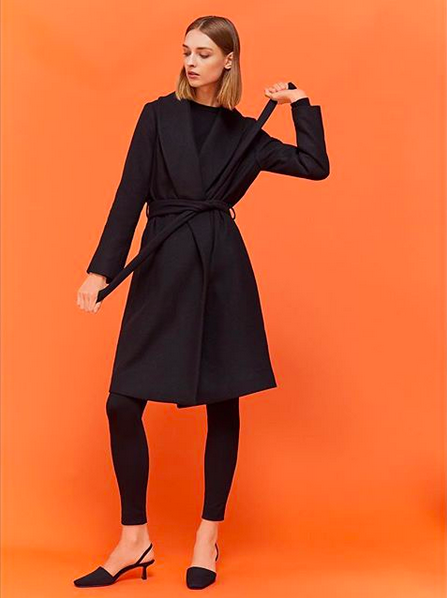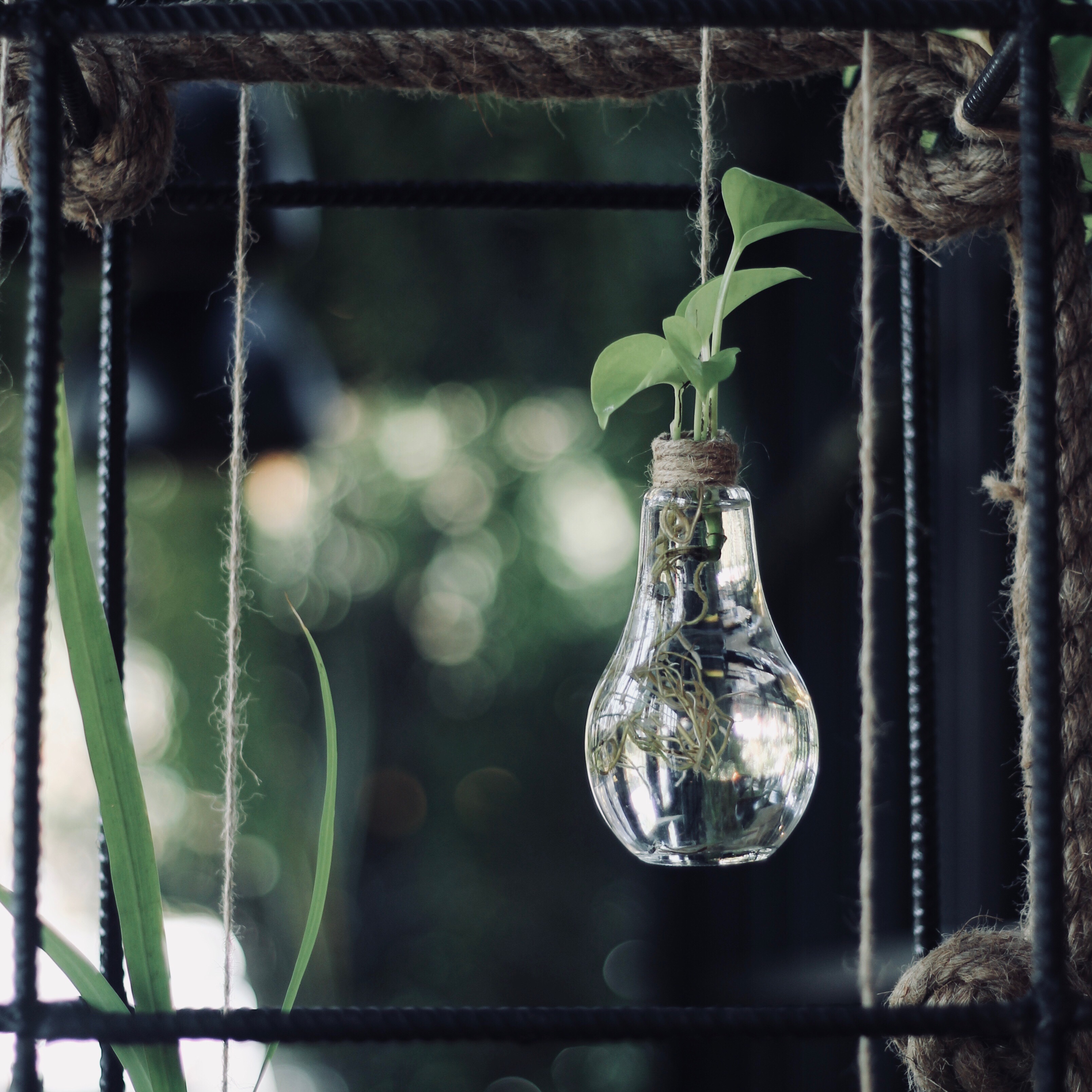Younger generations are embracing sustainability with fervor. What’s behind the movement and how will you get involved?
Though sometimes controversial, many of today’s consumers insist brands should take a stand- and this is especially true with younger generations. While worthwhile political and social issues surely exist, they can often be extremely polarizing, alienating large groups of would-be shoppers. However, Millennials and Gen Z love eco-conscious brands. According to a recent Nielsen study, 73% of Millennials are willing to pay more for goods that are sustainable, compared to 66% of consumers worldwide. Turning your attention towards eco-conscious concerns – a subset of sustainability, is a great way to take a stand and satisfy shoppers (while giving back).
Eco-conscious brands speak to one of the most ardent interests of these generations and they feel good about shopping with them. They crave authenticity, and they crave trustworthy connections with the businesses they support.
Key Terms to Know
The Circular Economy: brands in the circular economy work to minimize waste to reuse as much of the finished products as possible. These considerations are thought of in the sourcing, design and production stage for brands like Patagonia. Resale companies like The RealReal keep products moving in the cycle- whether they were designed to be sustainable or not.
“Eco”: terms including the prefix “eco” refer to putting the planet first. Eco-conscious and eco-friendly are two popular examples.
Sustainable Brand: a brand using models, processes or materials to avoid the depletion or permanent damage of a resource. Environmentally-friendly practices often come to mind first, however, sustainability is a broad term. Sustainability can refer to fair labor practices, fair trade, polyurethane and plastic leather for vegans, recycled leather instead of plastic for non-vegans, et al.
Upcycling: upcycling means taking discarded material or items to incorporate them into another use. For example, many vintage shops with original designs offer custom pieces produced with upcycled fabrics or elements from old vintage clothing that would have otherwise been discarded.
Eco-Conscious Fashion Companies
The missions and business models across eco-conscious brands are as diverse as their products. What they do have in common is putting the environment first, as the term “eco” implies. Eco can mean using organic fabrics, using organic dye, using environmentally-friendly production processes or facilities, and more.
Here are a few examples of great eco-conscious retailers and brands…
Cuyana
Cuyana puts the environment first with high quality, timeless designs, created to last. They also support the circular economy via a partnership with H.E.A.R.T. When a shopper opts in to join the Lean Closet movement at checkout, she receives a linen bag to send items she no longer wears.

Citizens of Humanity
LA based denim brand, Citizens of Humanity, is a rarity – producing denim for men and women in their vertically integrated American production facilities. Everything is done in-house and within 15 minutes of their design studio. Other notable sustainable practices include the reduction of the amount of water used in production and the use of high-efficiency washers and laser technology.

Edun
EDUN brings sustainably produced products to the market, as well as long-term partnerships with artisans, manufacturers and communities throughout Africa. The NY based accessories and ready-to-wear label touts alternative, eco-friendly materials (organic, recycled, upcycled), transparent sourcing, water conservation and more.

GALERIE.LA
GALERIE.LA is an LA fashion retail store and purveyor of sustainable emerging brands sourced from around the globe. The shop’s founder, Dechel McKillian, is a celebrity stylist who traveled the world with top musicians, seeing fashion’s negative impact on the planet firsthand. Her experiences on the road and fashion industry experience (working with the likes of goop and Clare V) led her to launch this specially-curated, community-centered store.

Becoming an Eco-Conscious Brand
If you haven’t launched yet, the easiest course of action would be to debut as an eco-conscious brand from the start. This decision is something that will need to be reflected across business areas typically including sourcing, design, production, marketing, branding and sales.
However, it’s just as plausible to evolve into an eco-conscious brand over time. It’s not unusual to hear of growth stage brands, long-established household names and even enterprise fashion companies turning to more eco-conscious ways.
Will your brand focus on eco-friendly materials or production processes? Will you have a vertically-integrated company for transparency and control throughout every step of the sourcing and manufacturing process? Will a portion of your sales support an organization working for environmental conservation? Whatever path you choose, choose the eco-conscious viewpoint and offerings you can stand behind. You’ll need to be able to sustain them over time. Also be sure to avoid choosing too many eco-conscious aspects. There’s a tendency to struggle with all of them, which leads to failure among eco-conscious brands.
Millennials and Gen Z hear so much about global warming and climate change every day. They experience it, in terms of physical climate shifts. It’s a highly-politicized, non-partisan topic that sits front and center with these generations, the young adults inheriting this planet.
Brands are becoming aware of just how important this issue is to the younger generations, and they’re doing what they can to make a difference on both micro and macro levels – from reusable straws to taking on the government over the protection of natural environments.
Other cause-based business models or social enterprises face the unique challenge of alienating populations of would-be consumers because their issues won’t speak to everyone. However, saving the planet is a major issue that is easy to get behind. It’s a democratizing subject that we see, touch and feel every day.
Next Steps: Continue Your Journey for Growth
- “3 Sustainable Brands Doing Supply Chain Integration Right”
- “5 Steps Towards Vertical Integration”
- “Scaling Up Through Strategic Partnerships”
Need help launching an eco-conscious brand? Or does your business require expert consulting as you pivot to incorporate environmentally-friendly practices? Get in touch today. Call us at 310-957-5264 or email us at hello@scalingretail.com.
